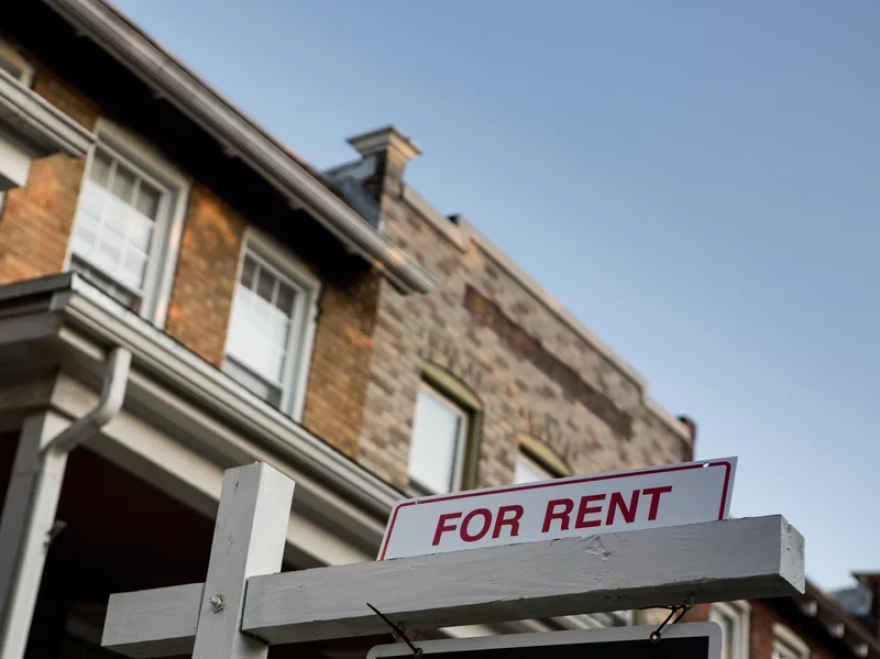A new report shows owning a home is becoming less attainable for Black Arkansans.
The report by the Mississippi-based Hope Policy Institute shows a roughly 26% gap exists in Black and White homeownership in Arkansas, which is higher than what existed during the 2008 housing crisis.
Calandra Davis is a senior policy analyst at the Hope Policy Institute and authored the report. She said systemic problems still interfere with Black Arkansans’ ability to become homeowners.
“The stories were very similar that, whether I was talking to those who were being interviewed or whether it was through our survey, nearly one in four Arkansans had experienced some form of discrimination,” Davis said.
Davis says one of the biggest barriers people of color face is access to home loans, which she likens to the now-banned practice of redlining.
“While redlining itself has been determined illegal, there’s still some lending practices that are happening within this state that shows us that the lending practices are not equitable,” Davis said. “Just last year, only 6% of Black Arkansans were able to get a mortgage loan in comparison to 81% of white Arkansans.”
Davis says the disparity also extends to Hispanic and Latino potential homeowners, who made up just 4% of approved loan applications in Arkansas last year.
Davis says Black renters surveyed said having a low credit score also served as a barrier to homeownership. She says that can be helped with other, nontraditional sources of credit.
“We use nontraditional credit in our lending process, which basically allows utility bills or rent to be considered in a borrower’s credit profile, and these are things that are not the norm when lenders are looking at a borrower’s credit profile,” Davis said. “If someone is able to keep up with their utility bills or if they’re able to pay rent on time, then there’s a good chance that they’ll be able to keep up with their mortgage.”
Davis recommends having easier access to loans as well as assistance with down payments as some of the best ways to narrow the homeownership gap between Black and white Arkansans. She also urges people of color in Arkansas to be vocal about the barriers they face when it comes to buying a home.
“My advice would be for them to lift up their experiences on how they’re navigating the crisis, lift up the solutions that they’re already building on outside of policy. And then it’s up to policymakers to take those experiences and to then transfer them into actual policy that cab move people into a better path toward homeownership.”
Davis says most people surveyed for her report say they faced obstacles in securing loans, as well as down payment assistance and access to quality rental housing. According to the study, nearly half of Arkansas residents report spending more than half of their income on rental housing.



